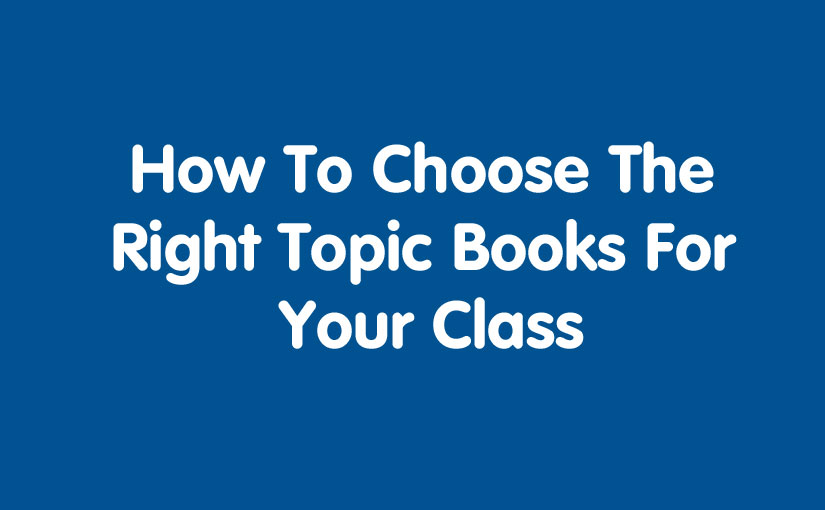At the weekend, we took our 15 month old little girl to Goose Fair in Nottingham, one of the largest travelling fairs in Europe. We used to go every year when I was growing up, so I couldn’t wait to carry on the family tradition with Maple.
She had a wide-eyed look of excitement on her face for the entire day, especially when she went on the Runaway Train ride and held a hairy coconut for the first time!
Going to a fair isn’t the sort of thing we do all year round, so we’ve been reading ‘Maisy’s Funfair’ this week to reminisce about our fun trips out (Yes, trips… she enjoyed it so much on Friday that we decided to go on Saturday as well!)
It was lovely to see Maple’s reaction when she spotted something that she recognised in the book. She eagerly pointed to it and made a sound effect, whether it was a “rou-rou-rou” for the ferris wheel going round or a “b, b, b” for a balloon.
Reading a picture book is the perfect way to revisit a child’s previous experience and talk about the pictures they can see, and by doing so a child can draw on their memory and real-life knowledge to make sense of the world around them.
Building vocabulary and developing communication and language skills will subsequently improve a child’s ability to read with greater understanding, so it’s important to keep a well topped up stash of books in your classroom.
But not just any books…
Topic books.
Here are 6 tips for choosing the right topic books in your Early Years Foundation Stage or Key Stage One classroom.
1. Change your topic books regularly when your class topic changes, at least once every half term. Whereas the majority of your classroom library stays the same for the whole year, topic books keep the information fresh so that your children will want to go back to the book area again and again to learn something new.
2. Visit your local Education Library Service to choose from a wide selection of fiction and non fiction books. You will be spoilt for choice, so it’s a good idea to take your Medium Term Planning with you to choose the most relevant books for your learning. You could even print it out and tick things off as you go so you don’t miss anything out.
3. When choosing your books, think outside the box. Don’t just limit it to your theme – consider what the children will be learning about in the other areas of your planning or whole school events that half term, for example sports day or a one-off circus skills workshop. These books might look a bit random in between your shelf of minibeast books, but they are guaranteed conversation starters as the children will love to look at pictures that are familiar to them.
4. Clearly display them on a separate shelf or in a special box, where the children can easily access them to revisit and consolidate previous vocabulary relating to that theme. It’s a good idea to label the topic book area with a word and accompanying picture, not only does it sneak in an extra opportunity for print to convey meaning, but it helps the children to become more independent as they can choose books that interest them.
5. Is there any way you can decorate the area to match your chosen topic? This can be as elaborate as a fully transformed rocket ship or as simple as a themed bunting. If the children notice that it looks different in some way from one topic to the next (seeing a rocket when they walk into their classroom on a Monday morning is bound to turn heads), then the children will naturally be more curious, head over to it to explore and hopefully pick up a book to look at while they’re there!
6. Why not introduce a ‘Remember When…’ book box in your reading area? Children can bring in a book from home about something they’ve done or somewhere they have visited (e.g. a funfair, swimming lessons or going on an aeroplane). This is a great opportunity to promote speaking and listening skills as the children can share their special topic books with friends and chatter about things that are important to them.
